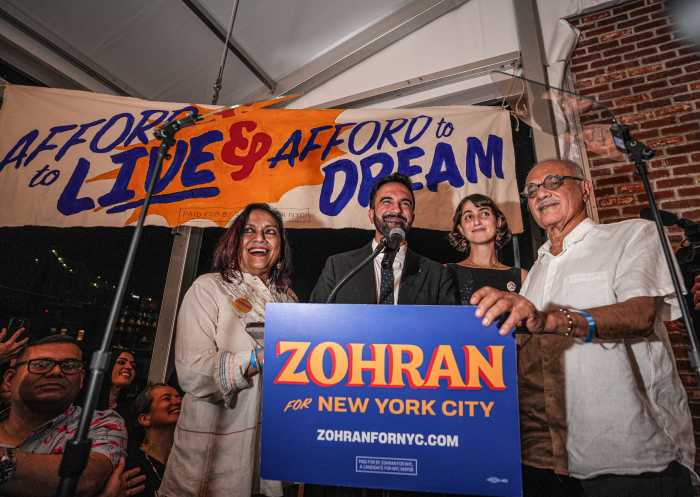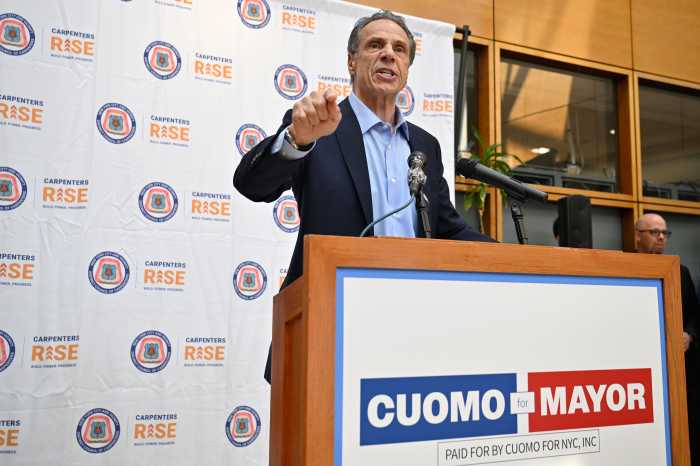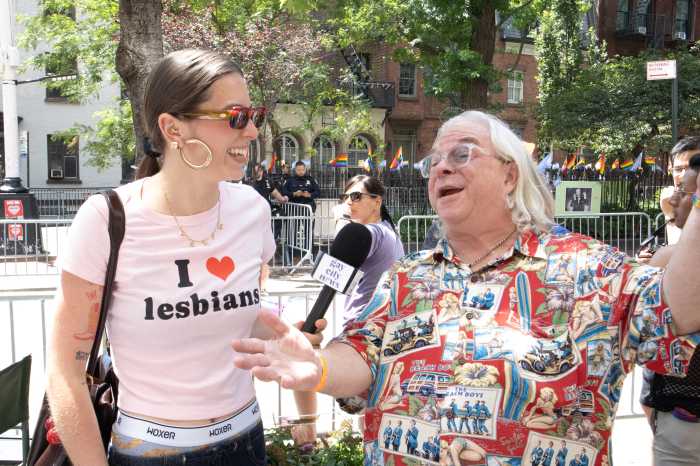Two-hundred thirty-eight years ago on Friday, 56 British colonists put their lives on the line when they signed one of history’s great ennobling documents — the Declaration of Independence — which proclaims all human beings are created equal.
But through the centuries that have followed, this lofty humanist proclamation has often seemed more like some ethereal goal than an accomplished fact.
Not long after the declaration was signed, our Founding Fathers drafted a Constitution that countenanced human slavery and led to a bloody Civil War.
Not until 1920 did women get the right to vote. And today gay Americans are still struggling for the right to marry in all 50 states. Too many of us still fail to receive equal protection under the law.
But here’s the thing about ambitious humanist ideals: If we take them seriously enough, and if we strive for them with persistence, we can often make them happen.
Consider another anniversary that took place this week.
Fifty years ago Wednesday, President Lyndon Johnson signed the 1964 Civil Rights Act, outlawing discrimination in public accommodations like cafes and hotels, and speeding up school desegregation. Over time it has proved its worth as an enormous step toward a colorblind society — where all citizens are in fact treated as equals.
Fifty years later, the number of black Americans with a high school diploma has soared from less than 27 percent to 85 percent. Their poverty rate has declined from more than 41 percent to 27 percent.
We have miles to go of course. Racial disparities in health care, educational outcomes, housing and criminal justice unfortunately remain staples of American life.
But on Friday — as we’re firing up the grill or watching fireworks light up the night sky — it’s worth keeping in mind that while we still have much to do, we genuinely have much to celebrate. America is a work in progress and it always has been — even when our gains are fitful. So here’s to the ideals set forth on July 4, 1776.
They continue to push us on.





































